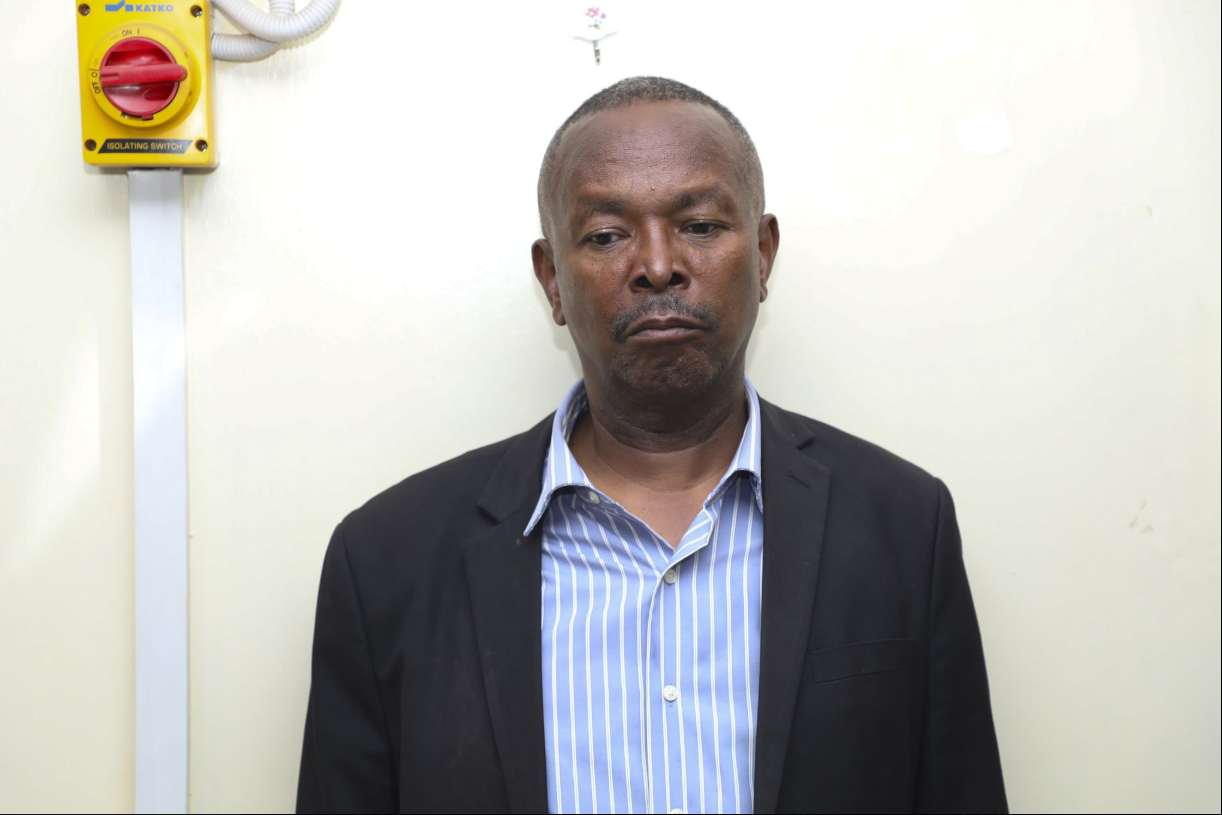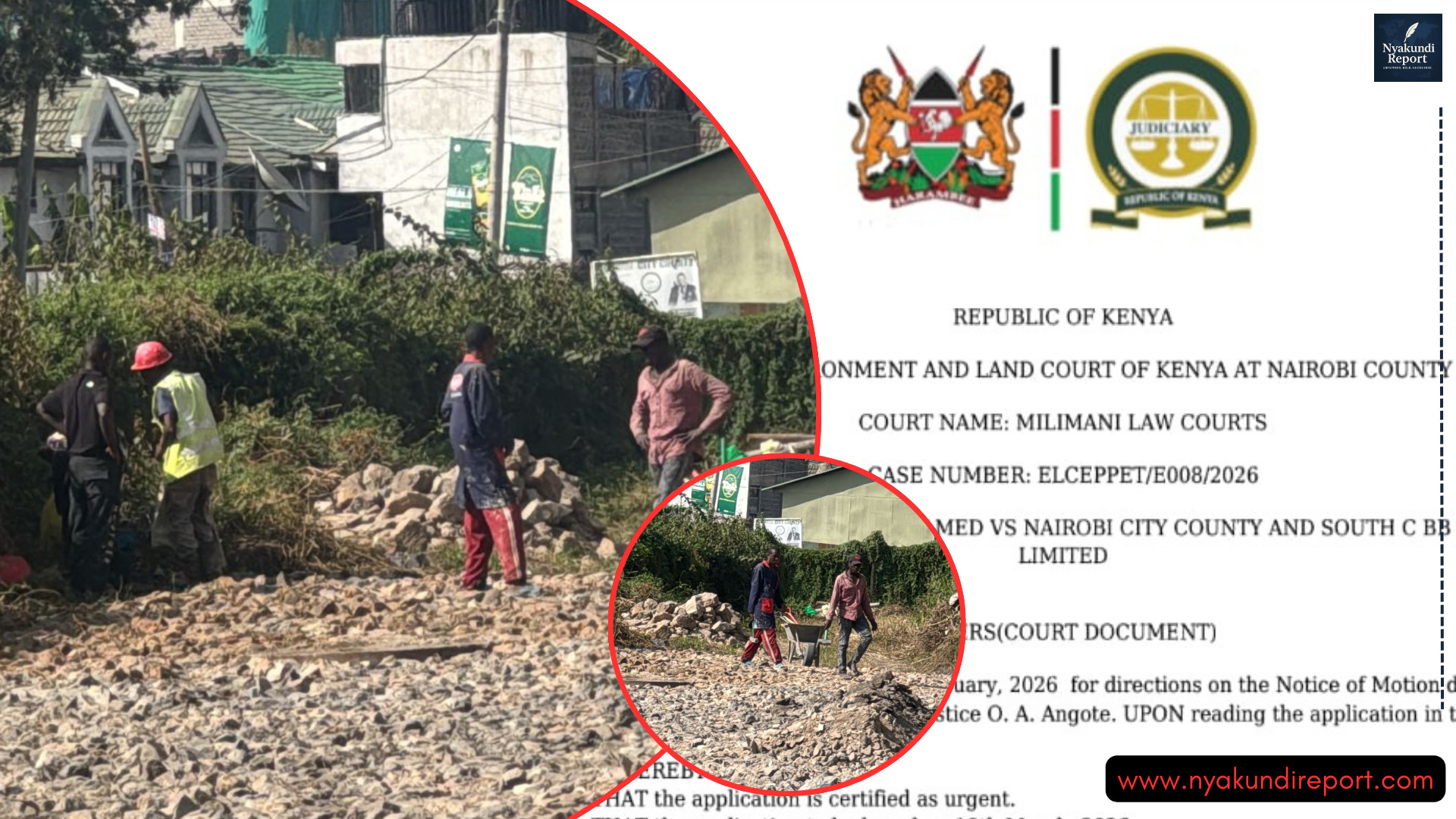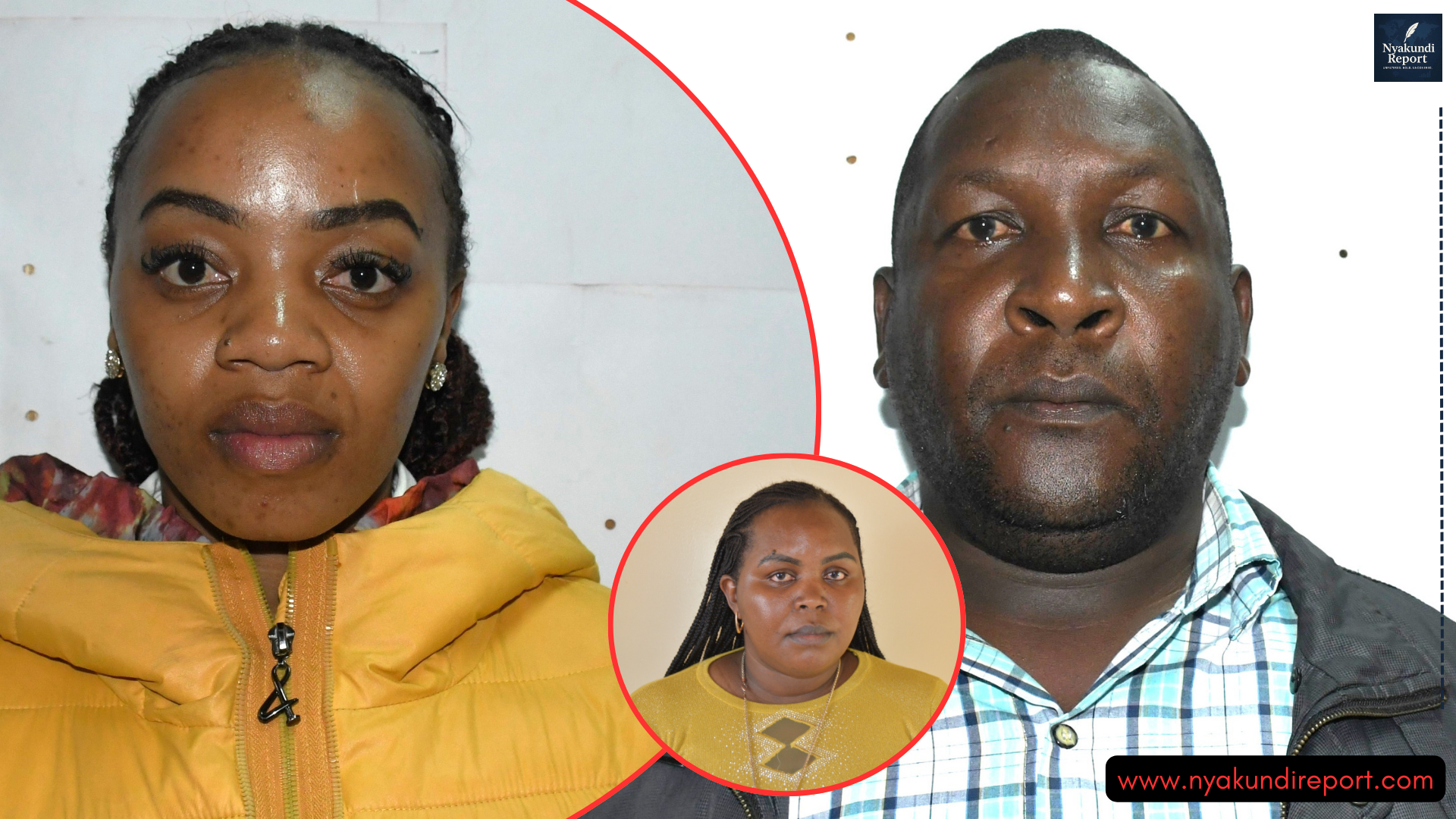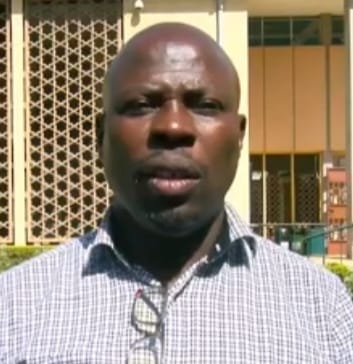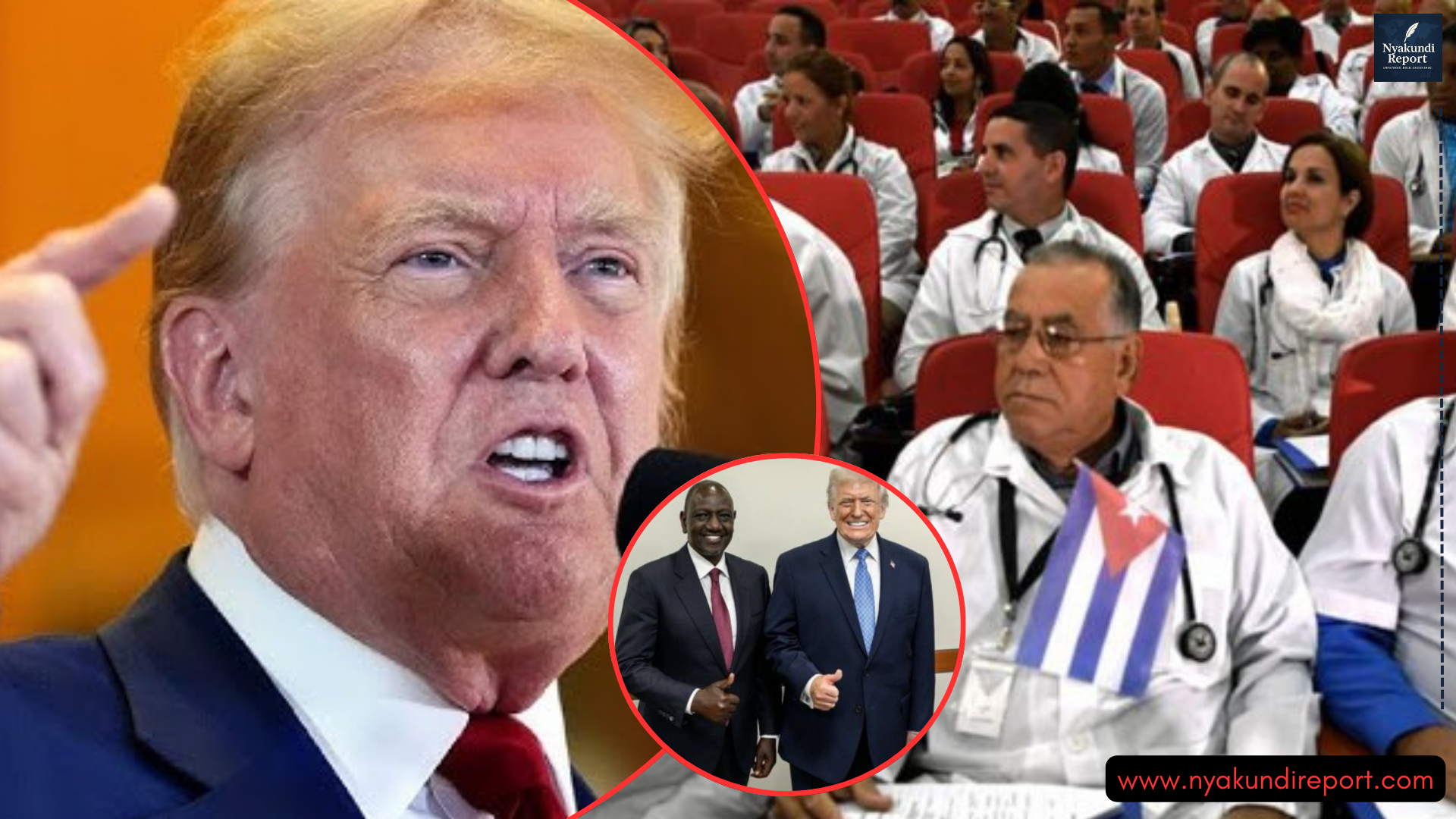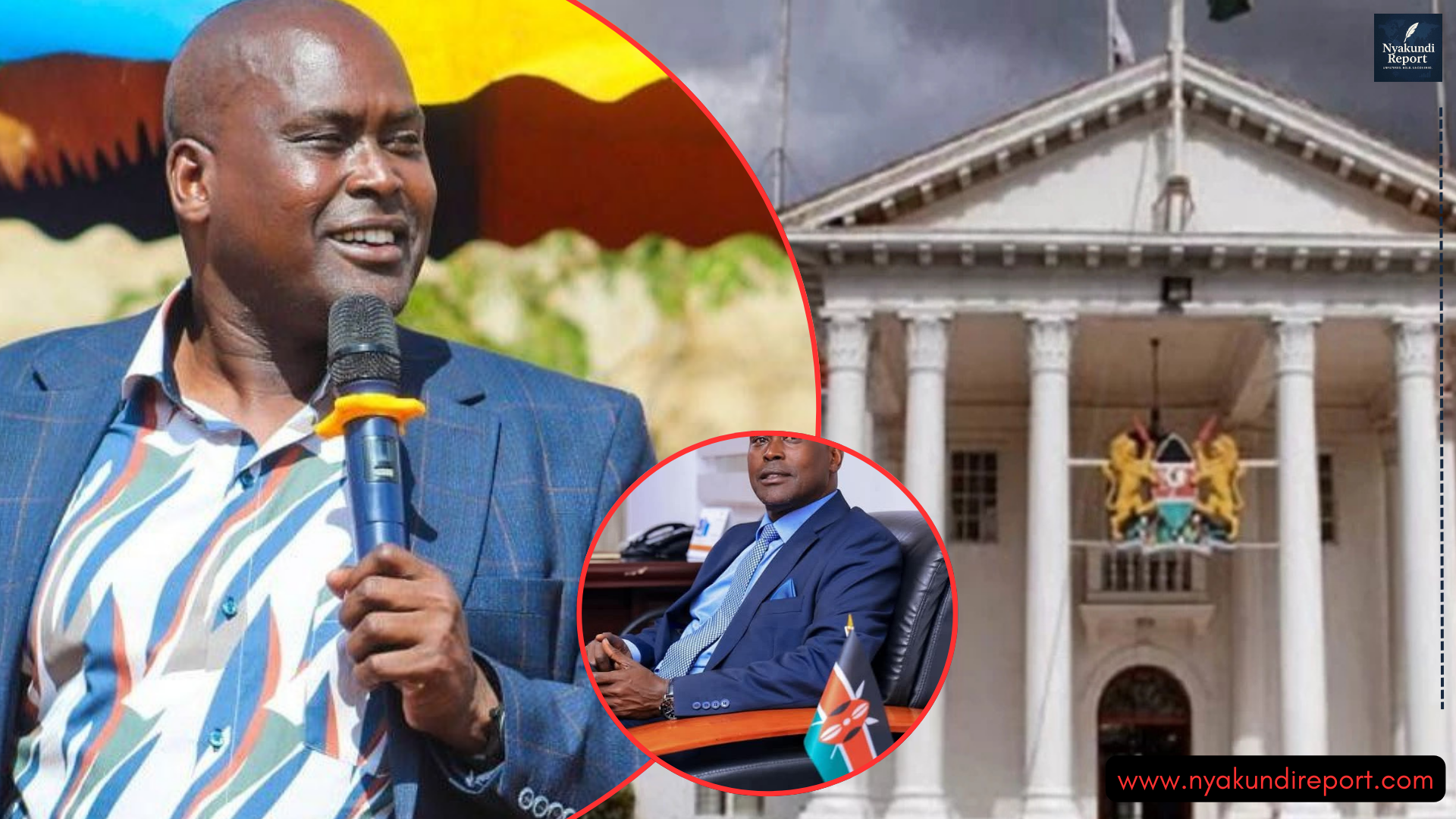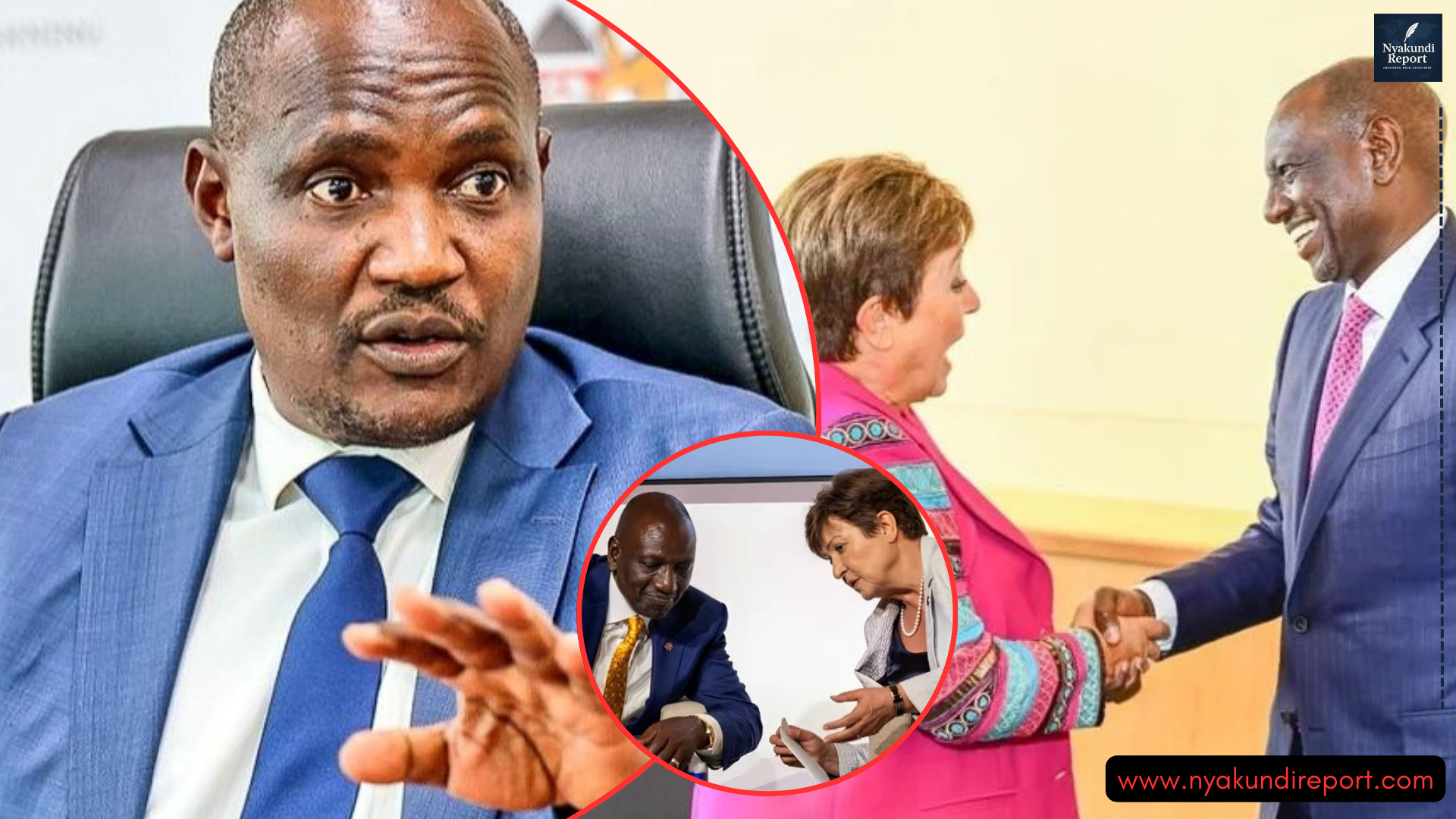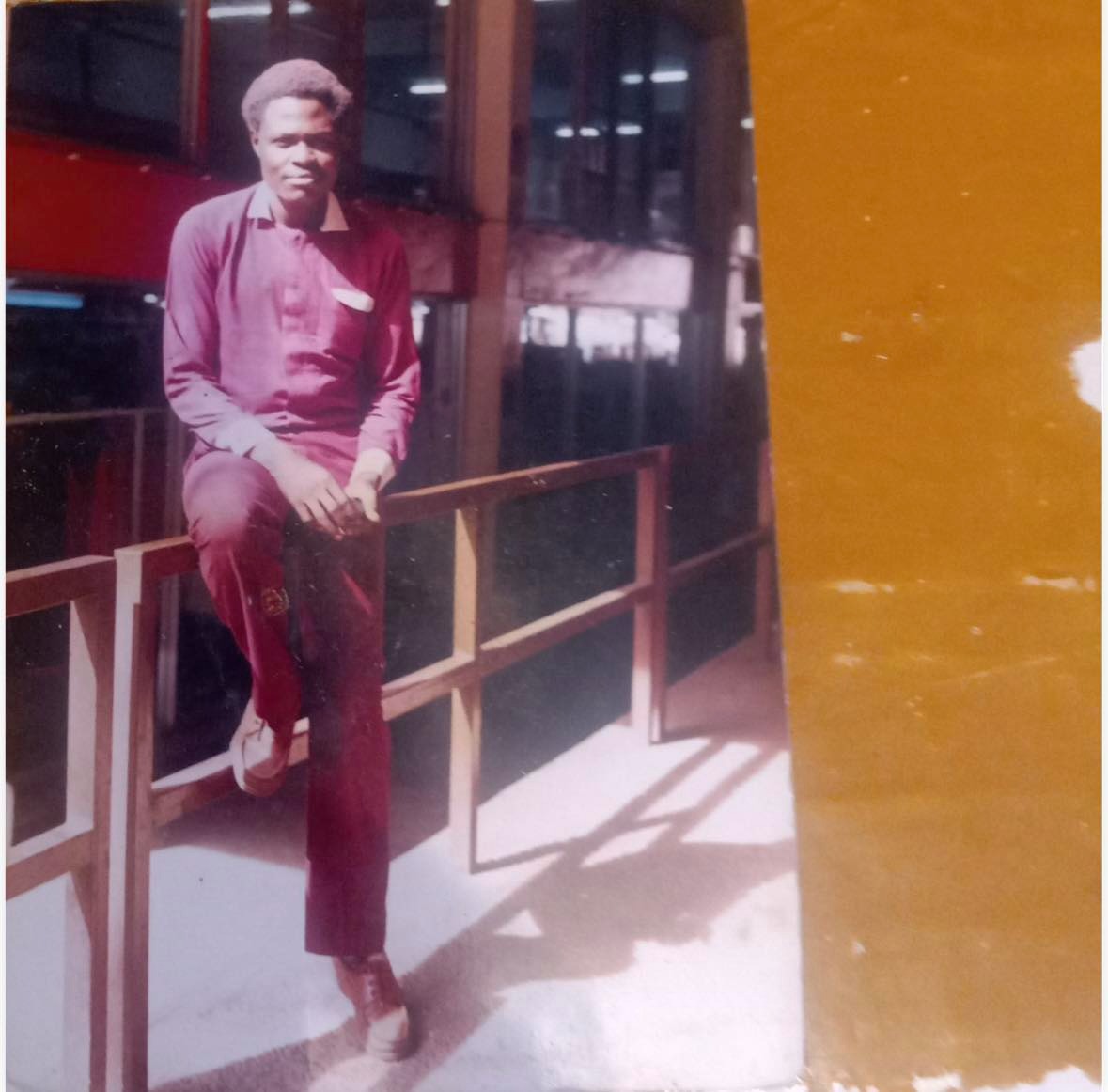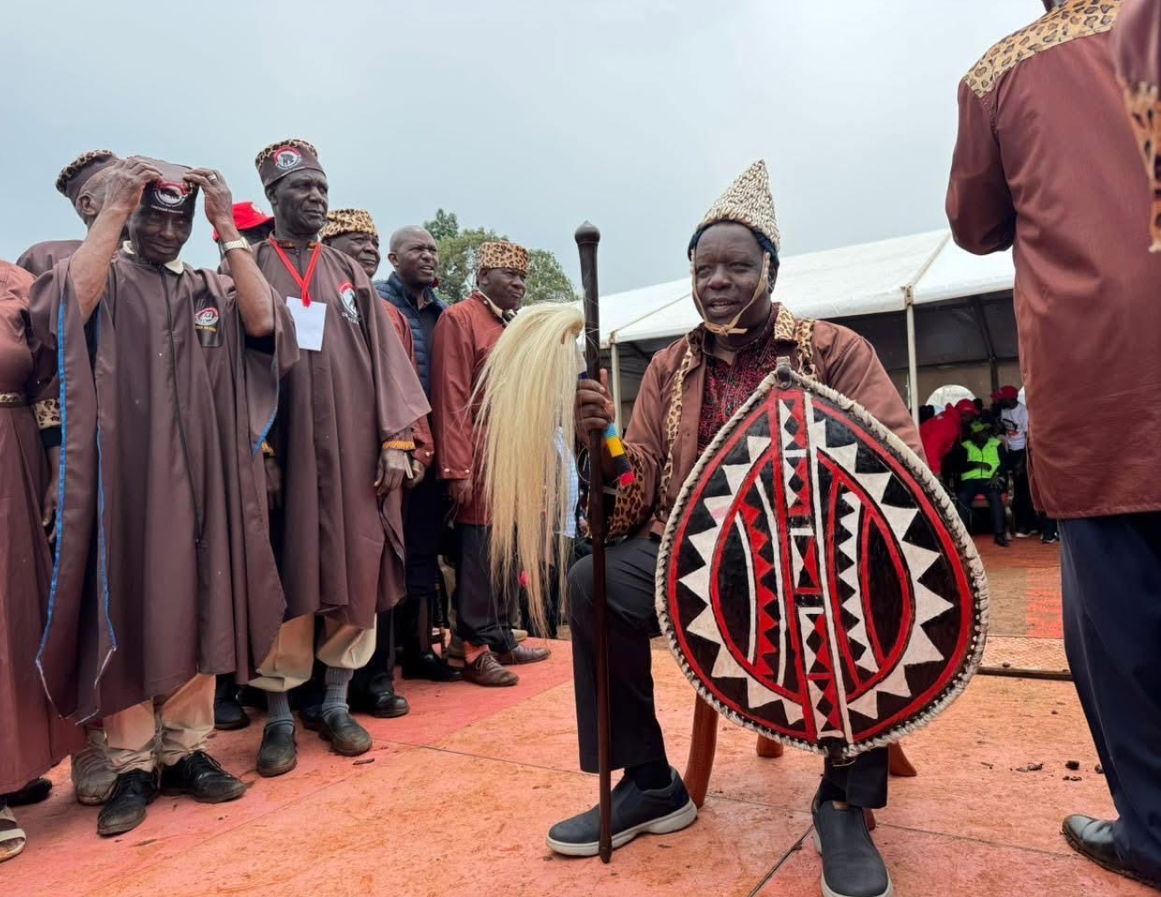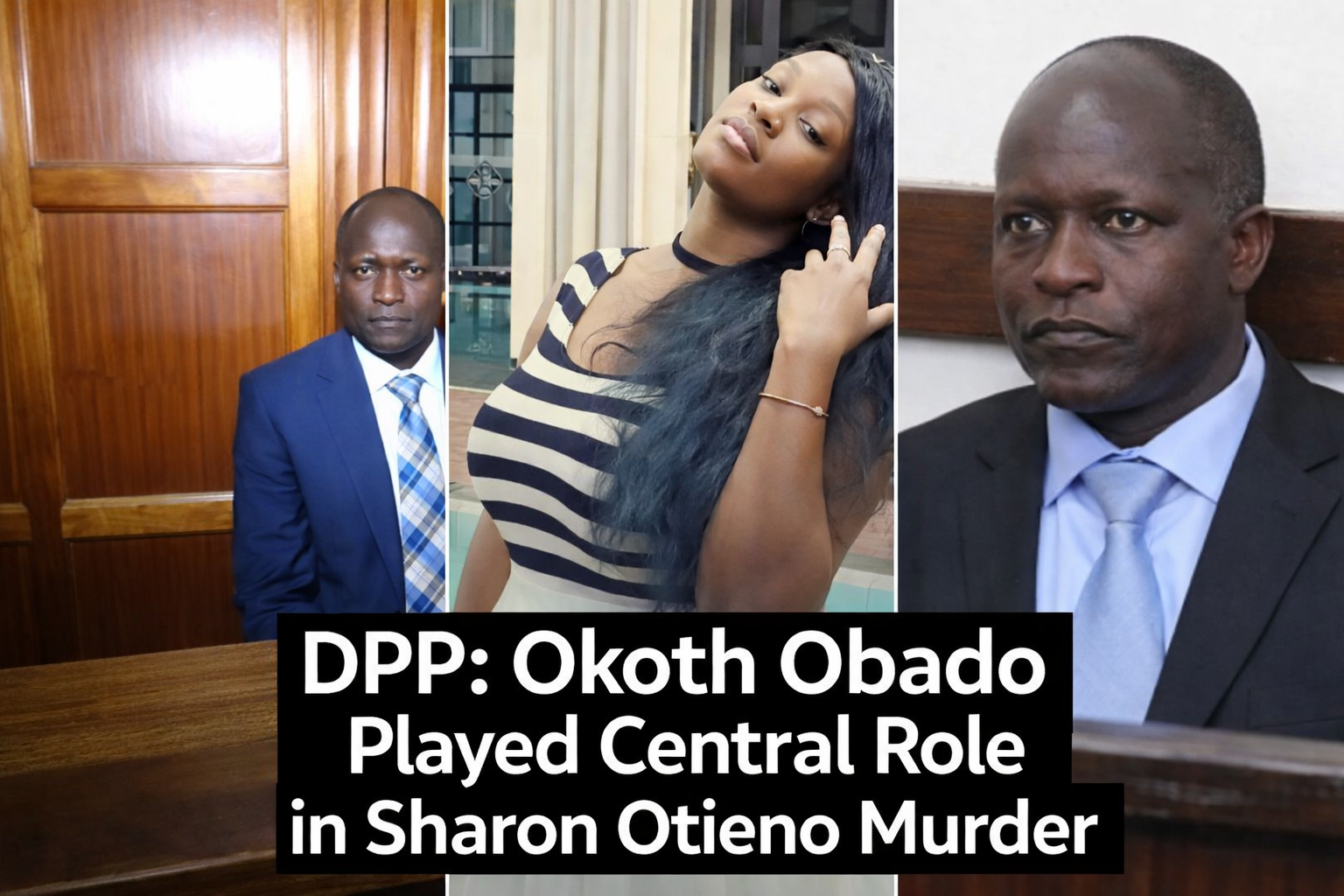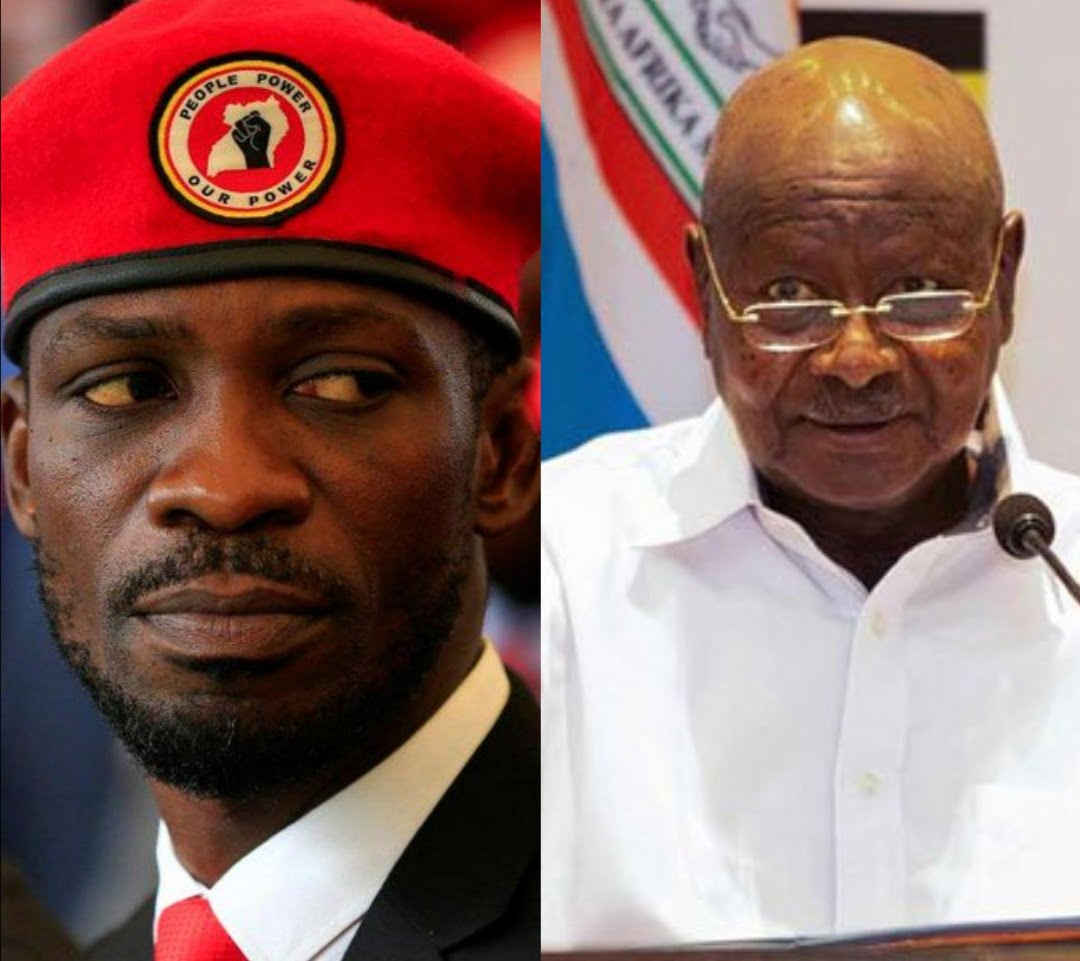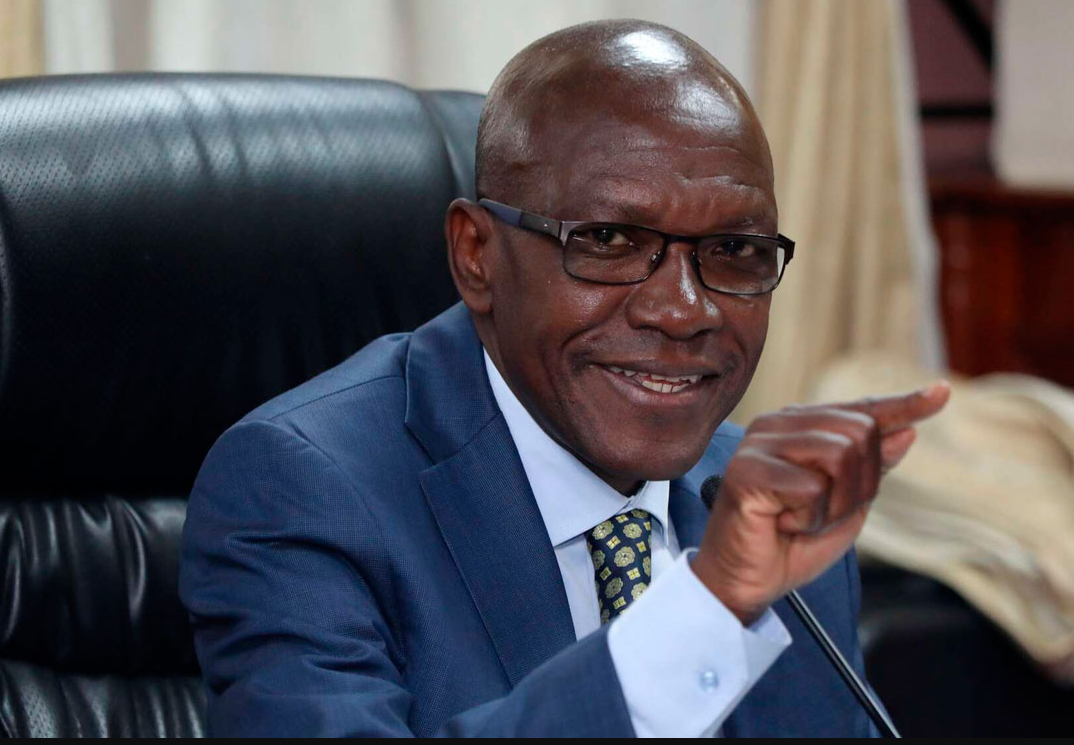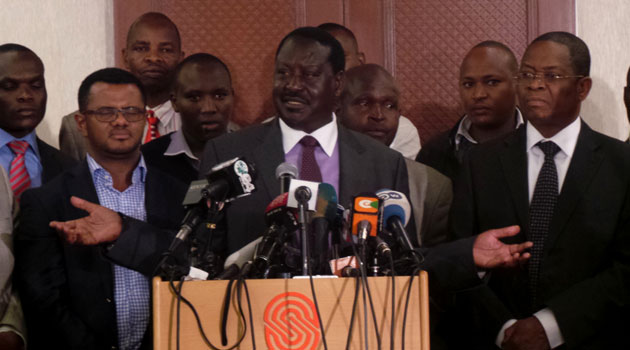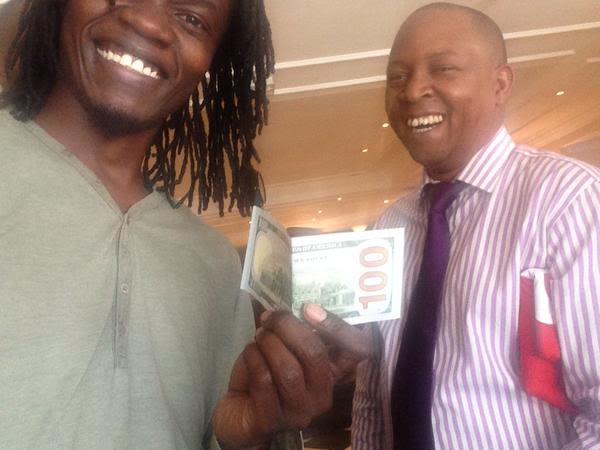Activist-turned-politician Morara Kebaso has abruptly bowed out of politics, only weeks after launching his highly anticipated manifesto. Known for his fiery activism and disruptive voice during the anti-Finance Bill protests, Kebaso shocked supporters and critics alike with his announcement on Monday, June 23.
Posting on X, formerly Twitter, the Inject Party leader said he was done with politics, citing constant criticism, media misrepresentation, and threats to his safety.
For a man once hailed as the voice of Kenya’s disillusioned youth, the decision marks a stunning turn in a fast-moving political journey.

Kebaso Quits Politics After Weeks of Pressure and Public Scrutiny
In a dramatic post shared with his 600,000 followers, Kebaso declared, “I’ve finally left politics. Now I can live my life, run my business, make my money, travel the world, see my friends, and visit a bar without worrying about being photographed. I’m free.”
The post ended a turbulent chapter in which the outspoken lawyer-turned-activist tried to transition from street-level activism to structured political leadership.
Morara had officially launched his manifesto just weeks earlier, laying out a radical, youth-driven agenda under the newly registered INJECT Party—Injection of National Justice, Economic and Civic Transformation. But instead of solidifying support, the launch opened the floodgates of intense criticism.
On Monday, the same day he quit, Morara lashed out at the media and political environment:
“I no longer have to show up for TV interviews only to be misquoted. I don’t need security. I can drive myself. Nobody can judge me for dancing the ‘wrong’ way or smiling the ‘wrong’ way.”
From Protest Leader to Political Symbol
Morara Kebaso’s popularity surged in 2024 at the height of the anti-Finance Bill protests. Young, fearless, and charismatic, he toured the country documenting abandoned and delayed public projects. Using short videos and livestreams, he exposed billions of shillings lost in stalled infrastructure, resonating with Gen-Z and millennial voters.
His campaign caught the attention of State House, prompting a formal response from spokesperson Hussein Mohammed, who blamed the delays on canceled contracts and re-tendering processes. While government figures downplayed his influence, the public saw Morara as a fresh voice unafraid to challenge the status quo.
The public funded his travels, boosted his social media following, and some even encouraged him to run for office. Morara rode this wave to the formation of the INJECT Party, presenting himself as a political outsider ready to dismantle corruption. But that outsider image soon began to crack.
Scandals, Security Fears, and A Credibility Crisis
Kebaso’s downfall was not sudden. It built slowly, fueled by a mix of real threats, bad press, and questionable decisions.
In early 2025, he was violently attacked while attending a public participation event at the Bomas of Kenya. The assault, which occurred during impeachment hearings for former Deputy President Rigathi Gachagua, forced him to increase his security. Soon, he was rarely seen without bodyguards.
Then came the tax allegations. Reports emerged that the activist was under government scrutiny over unpaid dues—charges he never fully addressed. Around the same time, he started asking followers for financial support online. To many, the shift from fearless activist to fundraiser was unsettling.
The biggest hit came in April, when a photo of Kebaso with known Kenya Kwanza allies surfaced. Online users accused him of being a government-backed “project” planted to dilute youth resistance. Although he dismissed the claims, doubts spread fast.
That same month, he announced his party had joined the opposition coalition. Critics labeled him a political opportunist, accusing him of aligning with whichever side would keep him relevant. The activist who once called for fresh leadership now appeared tangled in the same politics he once condemned.

